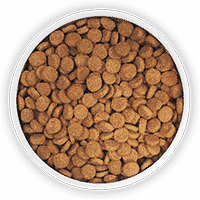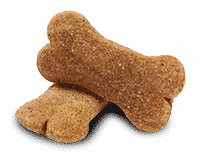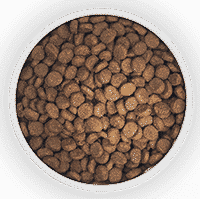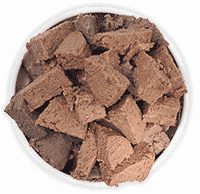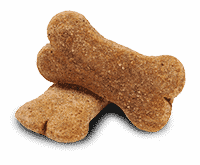The beauty of being a dog owner is that we have the opportunity to support them throughout the various stages of their life. We get to see them grow and mature in the most wonderful ways and see the impact our care has on them over the years. As our dog’s age, their health needs will begin to change, too. Needless to say, the needs of a puppy are not the same as an adult dog, let alone an older one. As such, it’s vital that you keep some important considerations in mind to ensure your older dog’s needs are being well taken care of.
Many of the considerations for older dogs may not apply to your dog at this very moment, but that doesn’t mean it’s not worthwhile to start thinking about them now. Just being aware of them will mean that when the time comes when they are relevant, you’ll be better prepared to respond. To find out which considerations you should start thinking about as an older dog owner, read on.
Their Diet
Your dog’s diet is one of the top considerations you should be thinking about as an older dog owner. Their diet needs to match their needs and provide support for any health concerns they’re facing. If you haven’t looked into modifying your dog’s diet since they were younger, the time to do so is now. Just like we wouldn’t necessarily eat the same foods as an older adult compared to when we were a spritely 20-year-old, our older dog diet may also be in need of some changes.
It’s especially important for older dogs to be eating nutrient-packed food. As such, you should incorporate wholesome dog foods into their diet that feature natural ingredients. The healthiest dog foods have no shortage of vitamins and minerals to ensure your dog is getting the support they need to lead a long and healthy life. If you’re unsure of whether your dog food boasts the right combination of nutrients, be sure to check the ingredients.
Getting Pet Insurance
It’s a difficult reality as a dog owner to think that one day your dog may get seriously sick or injured. This is an especially relevant concern as an older dog owner, as they are more prone to injury and sickness than their younger counterparts. While we don’t want to imagine needing to deal with such a stressful experience, it’s wise to start preparing now. After all, there’s no getting around the fact that vet bills are very costly—usually ranging from the hundreds to thousands of dollars.
It’s therefore in the best interests of you and your dog to consider signing up for pet insurance. Pet insurance gives you the peace of mind that if faced with a situation that requires a trip to the be, you’ll be able to handle it financially. Instead of paying for a massive bill upfront, you’ll be able to instead pay a small amount each month. There are a variety of pet insurance plans from different companies to choose from, each offering different benefits and payment plans. In order to find the right one for you and your dog, be sure to compare the offerings of different plans.
Their Exercise Habits
Many older dog owners aren’t sure how to ensure their pooches are getting the exercise they need. They may assume their exercise needs are the same, when in fact they may have dramatically changed. While dogs at every age indeed need to get adequate levels of physical exercise, it’s likely that your older dog may not need as much exercise or the same types of exercise as when they were younger. You may even encounter problems with trying to get your dog to be less sedentary.
Whole Dog Journal has some straightforward tips for how to exercise your senior dog. For example, they suggest that older dog owners consider physical therapy as a way of safely improving a dog’s “strength, balance, and range of motion.” They also recommend taking things slowly with older dogs, and gradually building up the intensity of any exercises. Another great way to encourage your dog to safely get their heart pumping is to provide them with some interactive dog toys to play with.
Their Behavior
Your dog’s behavior may be one of the first things you notice has changed as they’ve aged. As we touched on above, it’s normal for your dog to not be as active or full of energy as before. That being said, there is a difference between a healthy change in energy levels and an unhealthy one. You may also notice other behavioral changes as they age that could be part and parcel with getting older or a symptom of something else. We often focus on physical symptoms that something is amiss with our dogs, but their behavior is also an important factor to consider when addressing the health of older dogs.
If you’re concerned about changes in your dog’s behavior, the best thing you can do is consult your vet. Even if you think they’re acting a bit strange but everything is probably normal, it’s always wise to get an expert opinion on the matter. Your vet will be able to rule out any underlying causes, and if there is indeed something wrong, provide treatment options.
About the Author
Monica Mizzi is a freelance writer and digital marketer with a soft spot for all fluffy creatures. She’s written 100+ articles about animal care, ranging from how to train puppies to the healthiest pet snacks on the market. She currently writes for Pet Life Today. Having grown up with a Tabby cat and later a Netherland Dwarf rabbit, she’s always had a love for animals. While she’s now on the road too much to take care of her own pet, she’s found an innovative solution: take care of other people’s pets! She’s now something of a professional cat sitter, having taken care of nine gorgeous cats just in 2019! Her dream is to one day visit Antarctica to see penguins marching.
